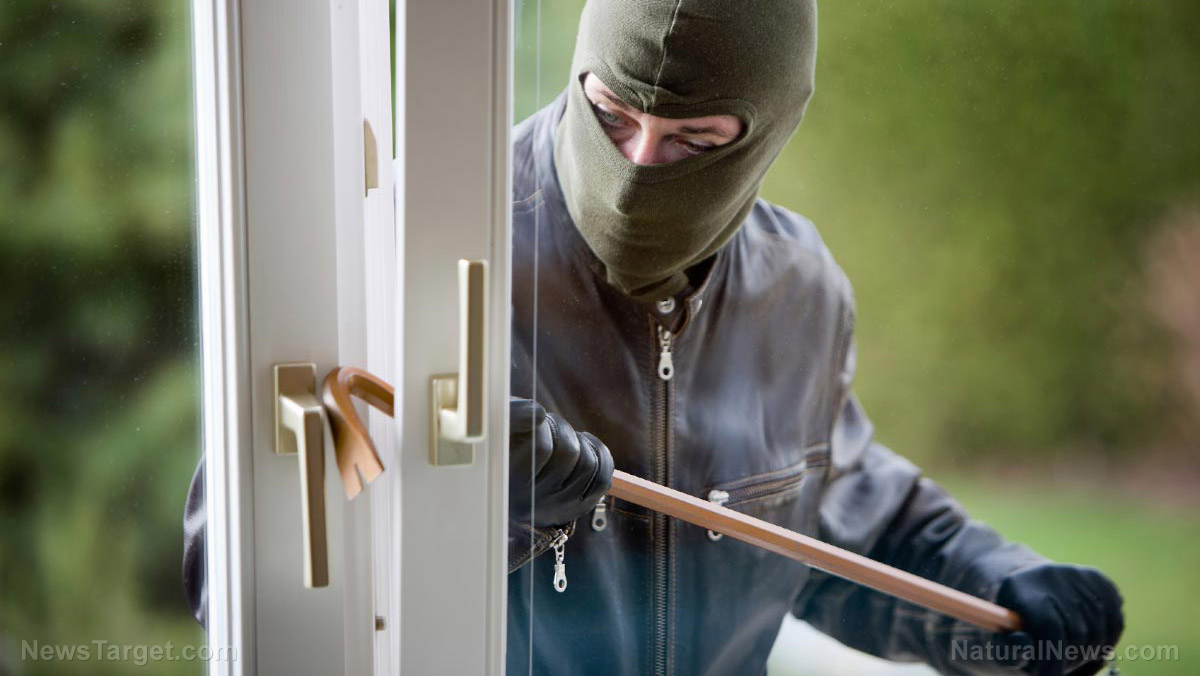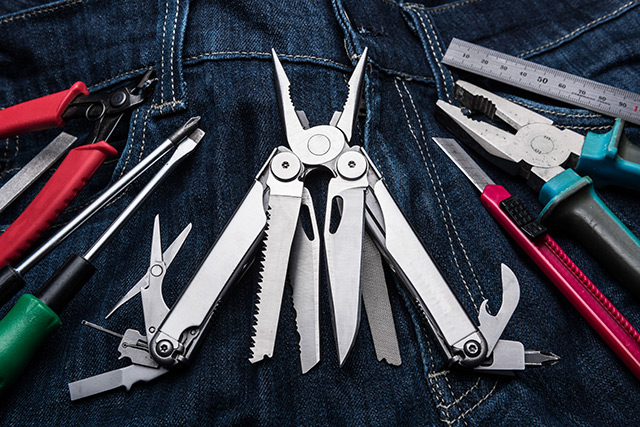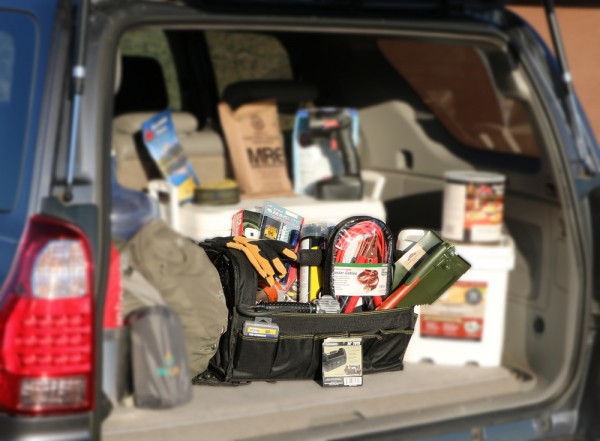If you’re like many men and women who carry a concealed firearm, you carry your firearm whenever you leave your home. But we’re about to tell you why you ought to be carrying your firearm with you literally everywhere, including when you’re at home.
According to the most recent statistics, most home invasions/burglaries occur between the hours of 6 a.m. and 6 p.m., when most people are either away — working, going to school, running errands, etc.
But do you know which months of the year more home invasions occur? July and August. Here are some more helpful statistics:
— There is an average of two million home burglaries that are reported each year to police.
— Nearly one-third, or about 30 percent, of all burglaries occur via an open or unlocked window or door.
— Two-thirds, fully 66 percent, of all burglaries are residential break-ins.
— Renters are just as victimized as homeowners.
— As stated above, the highest months for burglaries are summer, when we’re relaxing, letting our guard down and enjoying the weather.
— If your home does not have a security system, it is about 300 percent more likely to be broken into than a home with a security system. According to current statistics less than 20 percent of homes have an electronic security system.
Also, according to police and FBI statistics, “Home Break-In” is the most common threat we face in our homes, where in the United States, a burglary occurs every 13 seconds. (RELATED: Three ways to make your home much more secure)
And here’s an important statistic as well: One of three residential assaults comes as a result of a home invasion/burglary, hence the need to protect yourself at all times, even when you’re home. Statistics show that the vast majority (85 percent) of people who break-in to homes are non-professionals who are usually desperate — because they’re strung out on drugs, looking to get high, in need of fast cash, and so on. The majority of perpetrators are male and young — under 25 years old, more than a match for many middle-aged men and women, especially.
“Home invasion robberies are actually quite common. For many years, they have occurred almost daily in the United States,” writes Scott Stewart, the vice president of tactical analysis for intelligence firm Stratfor. “They normally happen in low-income households and are often tied to illicit debt collection, attempts to rip-off drug dealers or associated with the theft of narcotics from a stash house. However, in recent years there have been a number of high-profile cases in which middle- and upper-class families have been targeted for home invasion robberies, sometimes with horrific results.”
He notes that while some home invasions are vicious crimes and sometimes spontaneous, the perpetrator(s) generally follow a pattern before they strike:
— Target selection, following by surveillance, planning, more surveillance, deploying to commit the crime, committing the crime, escape/evasion, and exploitation.
It is during the surveillance period, Stewart notes, that the potential home invaders are most vulnerable to detection. “This vulnerability is magnified by the fact that most criminals are terrible at conducting surveillance,” he writes. “The behavior a person displays to those watching him or her is called demeanor. To master the art of surveillance, a person needs to master the ability to display appropriate demeanor for the situation. Practicing good demeanor is not intuitive.”
A favored tactic of home invaders who have been planning their crime for some time includes portraying themselves as a city worker, delivery driver or utility company employee, so they can gain access to your home.
So, in addition to arming yourself and locking your doors and windows even when you’re home, you need to be aware of your surroundings and keep a sharp eye out for anyone who a) does not normally visit or loiter around your neighborhood; b) appears out of place; c) comes back for a number of days to the same location; and d) appears unduly nosy or curious.
Stay safe this summer by remaining vigilant and protecting yourself, even while you’re at home. The odds are much better this time of year for encountering home invaders.
J.D. Heyes is a senior writer for NaturalNews.com and NewsTarget.com, as well as editor of The National Sentinel.
Sources include:
Stratfor.com
SafeguardTheWorld.com
Guns.news





























